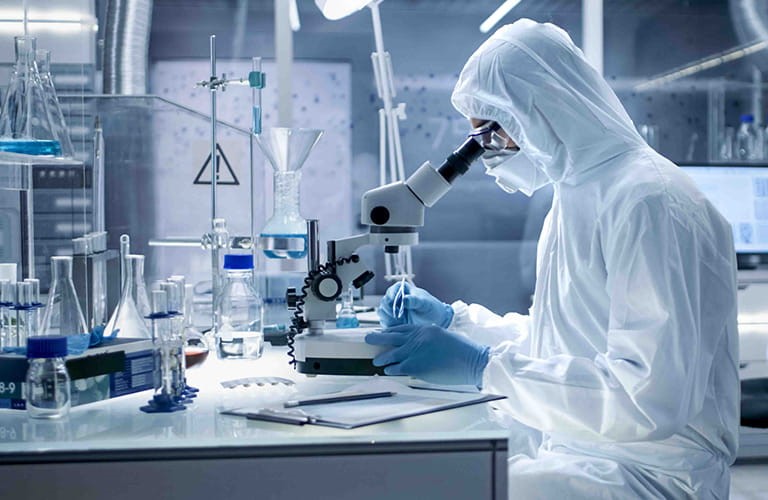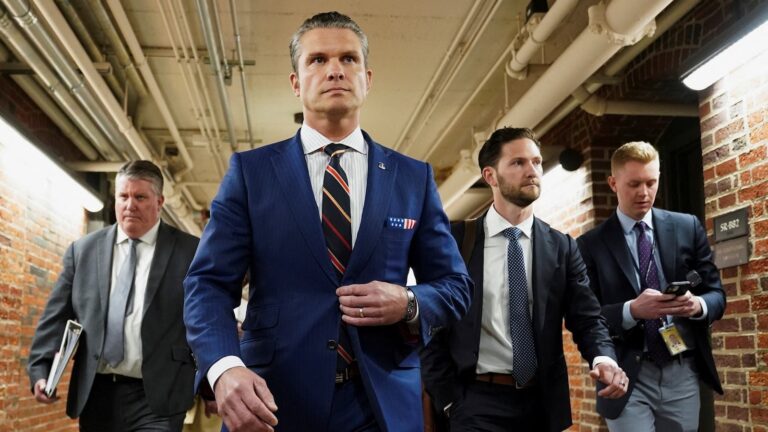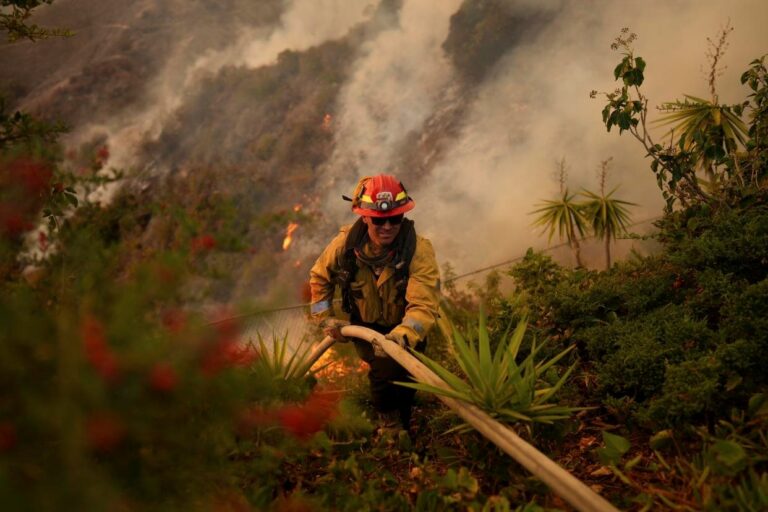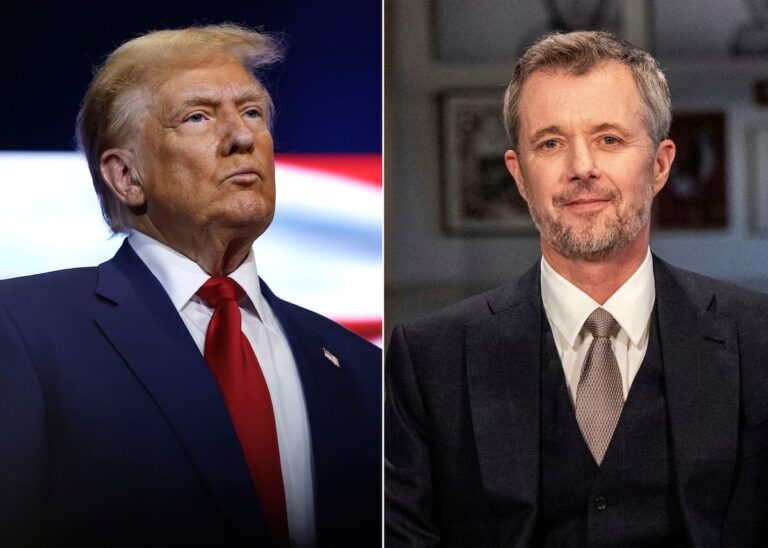The head of the International Atomic Energy Agency (IAEA), Rafael Grossi, has expressed deep concern over Iran’s significant increase in the production of highly enriched uranium. As per the sources of Leaders of Asia, Grossi described the escalation as “very worrisome,” noting that Iran’s stockpile of uranium enriched to 60%—just below the level needed for a nuclear weapon—has grown substantially.
Grossi linked this move to Tehran’s possible response to recent setbacks in Syria, Lebanon, and Gaza. While some Iranian politicians have openly advocated for developing nuclear weapons, Grossi stated that during his recent talks in Tehran, the current leadership seemed to prefer a different course.
The comments were made at the Manama Dialogue conference in Bahrain, organized by the International Institute for Strategic Studies. Grossi warned that any military strike on Iran’s nuclear facilities, such as one potentially carried out by Israel, would have severe repercussions, including Tehran’s retaliation and the risk of radiation spread.
He also expressed alarm over the increasing normalization of discussions around acquiring and potentially using nuclear weapons, as more nations contemplate their own nuclear programs.
In a recent report to IAEA governors, inspectors confirmed that Iran was feeding more partially enriched uranium into advanced centrifuges at its Fordow nuclear facility. This adjustment could boost uranium production at 60% purity to 34kg per month, compared to the previous rate of 4.7kg.

According to the Leaders of Asia sources, the IAEA has urged Iran to implement additional safeguard measures at Fordow to ensure the facility isn’t being misused for higher enrichment levels or diversion of declared nuclear material. Iran maintains that its nuclear program is for civilian purposes, though Grossi emphasized the substantial growth of its capabilities over the past decade.
“The Iran of 2015 is not the Iran of 2025,” Grossi warned, highlighting the increased scale and sophistication of its nuclear program. This escalation, he said, could enable Iran to produce a nuclear device more quickly if it so chose.
During a recent visit to Tehran, Grossi received assurances from Iranian leaders that they would limit 60% uranium production, though progress in talks between European and Iranian officials remains slow.
Israel has yet to launch a direct attack on Iran’s nuclear facilities, but its leaders have openly discussed the possibility. Grossi cautioned against such action, citing the military and radiological consequences of striking Iran’s well-protected and largely underground facilities.
He also highlighted growing global pressures on nuclear non-proliferation, as established powers modernize their arsenals and new conflicts prompt other nations to consider acquiring nuclear weapons. “Countries are saying: why not us? If the major powers appear to rely more on nuclear weapons, it fuels this trend,” Grossi warned, underlining the fragile state of global security.









